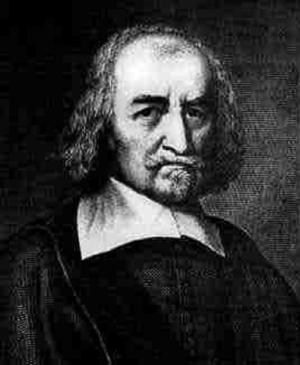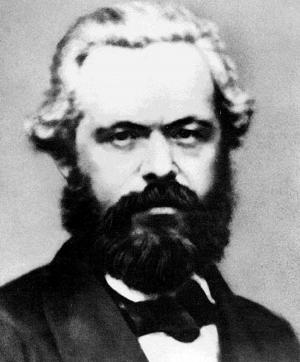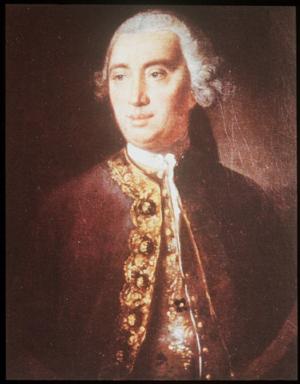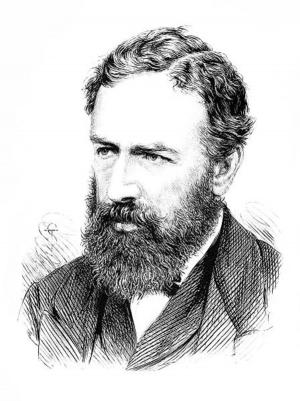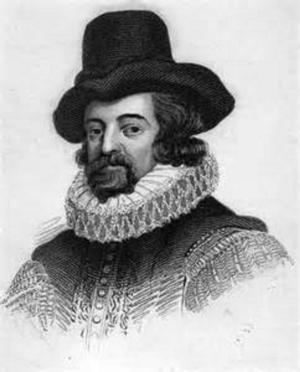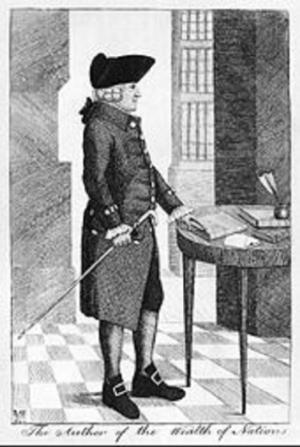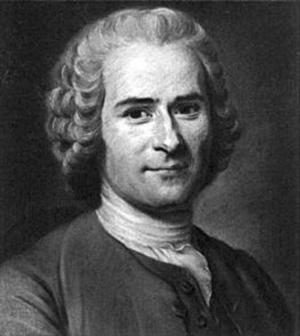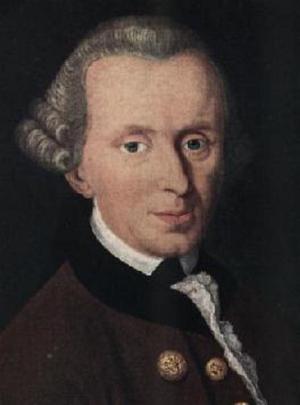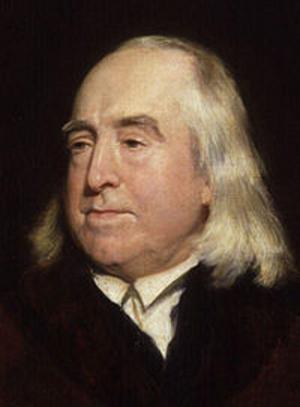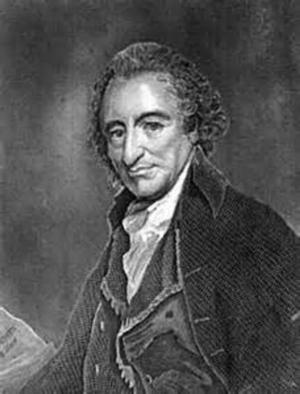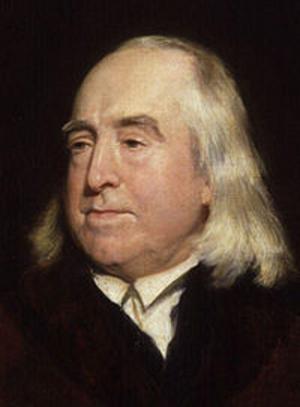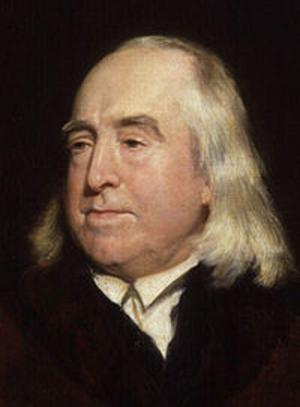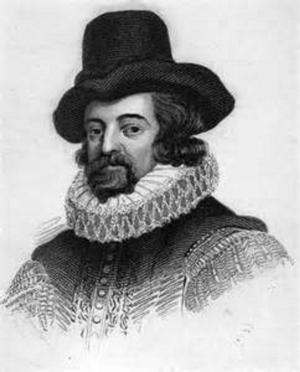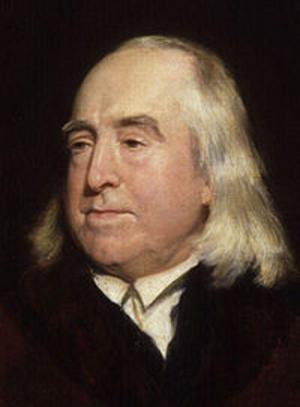Thomas Paine to Abbé Sièyes, Henry Dundas, Onslow Cranley, Georges Danton, and the Attorney General (Illustrated)
Business & Finance, Economics, Macroeconomics, Theory of Economics| Author: | Thomas Paine, Timeless Books: Editor | ISBN: | 1230000719063 |
| Publisher: | www.WealthOfNation.com | Publication: | October 13, 2015 |
| Imprint: | Language: | English |
| Author: | Thomas Paine, Timeless Books: Editor |
| ISBN: | 1230000719063 |
| Publisher: | www.WealthOfNation.com |
| Publication: | October 13, 2015 |
| Imprint: | |
| Language: | English |
The book has an active table of contents for easy access to each volume and section of the following titles by Thomas Paine:
1. TO THE ABBÉ SIÈYES
2. TO THE ATTORNEY GENERAL
3. TO MR. SECRETARY DUNDAS
4. LETTERS TO ONSLOW CRANLEY
5. TO THE SHERIFF OF THE COUNTY OF SUSSEX
6. TO MR. SECRETARY DUNDAS
7. TO THE ATTORNEY GENERAL, ON THE PROSECUTION AGAINST THE SECOND PART
8. LETTER TO DANTON
Thomas Paine was one of the founding fathers of the United States. He was also a political activist, philosopher, political theorist and revolutionary that is seen today in the row with the greatest thinkers such as John Locke, John Stuart Mill, Thomas Hobbes, Alexander Hamilton, George Washington, Thomas Jefferson, and Benjamin Franklin. Their collected thoughts have had strong influence on building the foundation of the United States and its endeavor of open society.
Thomas Paine’s essays in this collection were published between 1791 and 1804 in a row. Paine along with Alexander Hamilton, George Washington, and Benjamin Franklin was granted with honorary French citizenship after the French Revolution. In the collection, Paine recorded his conversations with powerful men that were deeply involved in the French Revolution including Emmanuel Joseph Sieyès who was one of the chief political theorists of the French Revolution, Henry Dundas who was a Scottish politician and was the first Secretary of State for War in Great Britain, Onslow Cranley who was a prominent conservative politician in Great Britain, and Georges Jacques Danton who was a leading politician in the early stages of the French Revolution and the first President of the Committee of Public Safety.
The collection is the source of Paine's political views that all pointe to a society based on the common good and individualism. It is also the source of Paine’s political experience and of observations of the societies of the United States, France, and Great Britain at a turning point.
On September 23, 2015 , Chinese President Xi Jinping, the powerful leader of the last and largest communist country in the world, visited the United States and claimed to American people that he enjoyed reading the books by Thomas Paine. Interestingly, this reminded American people that in 1800 Paine had a meeting with Napoleon in Paris. Napoleon also claimed he slept with a copy of Rights of Man under his pillow and told Paine that "a statue of gold should be erected to you in every city in the universe." However, Paine’s response to Napoleon’s progress towards dictatorship was: "the completest charlatan that ever existed". Although Thomas Paine cannot directly respond to the president Xi Jinping’s praise of his books today, former secretary of the United States Hillary Clinton responded on September 27, 205 during Xi’s same U.S. trip to UN in the United States "Xi hosting a meeting on women's rights at the UN while persecuting feminists? Shameless". Hillary’s response to President Xi Jinping is almost repeating Paine’s response to Napoleon again.
Thomas Paine is forever remembered as a philosopher, political theorist and revolutionary through his extremely influential works. His works have produced great influence on building the foundation of the United States. His books are the wakeup call to the self-indulged dictators. His view to the real world became widely recognised as the foremost philosophical and political voice of freedom. His theory still remains true and his spirit of hard core to challenge the establishments still inspires the young generations around the world to build and evolve our democratic systems around worlds for a better future. Paine’s influence has been felt in nearly every field of the humanities and sciences.
This book is one of the most important ones about the thoughts of human rights and freedom by Thomas Paine, one of the greatest thinkers of modern political philosophy on the planet.
The book has an active table of contents for easy access to each volume and section of the following titles by Thomas Paine:
1. TO THE ABBÉ SIÈYES
2. TO THE ATTORNEY GENERAL
3. TO MR. SECRETARY DUNDAS
4. LETTERS TO ONSLOW CRANLEY
5. TO THE SHERIFF OF THE COUNTY OF SUSSEX
6. TO MR. SECRETARY DUNDAS
7. TO THE ATTORNEY GENERAL, ON THE PROSECUTION AGAINST THE SECOND PART
8. LETTER TO DANTON
Thomas Paine was one of the founding fathers of the United States. He was also a political activist, philosopher, political theorist and revolutionary that is seen today in the row with the greatest thinkers such as John Locke, John Stuart Mill, Thomas Hobbes, Alexander Hamilton, George Washington, Thomas Jefferson, and Benjamin Franklin. Their collected thoughts have had strong influence on building the foundation of the United States and its endeavor of open society.
Thomas Paine’s essays in this collection were published between 1791 and 1804 in a row. Paine along with Alexander Hamilton, George Washington, and Benjamin Franklin was granted with honorary French citizenship after the French Revolution. In the collection, Paine recorded his conversations with powerful men that were deeply involved in the French Revolution including Emmanuel Joseph Sieyès who was one of the chief political theorists of the French Revolution, Henry Dundas who was a Scottish politician and was the first Secretary of State for War in Great Britain, Onslow Cranley who was a prominent conservative politician in Great Britain, and Georges Jacques Danton who was a leading politician in the early stages of the French Revolution and the first President of the Committee of Public Safety.
The collection is the source of Paine's political views that all pointe to a society based on the common good and individualism. It is also the source of Paine’s political experience and of observations of the societies of the United States, France, and Great Britain at a turning point.
On September 23, 2015 , Chinese President Xi Jinping, the powerful leader of the last and largest communist country in the world, visited the United States and claimed to American people that he enjoyed reading the books by Thomas Paine. Interestingly, this reminded American people that in 1800 Paine had a meeting with Napoleon in Paris. Napoleon also claimed he slept with a copy of Rights of Man under his pillow and told Paine that "a statue of gold should be erected to you in every city in the universe." However, Paine’s response to Napoleon’s progress towards dictatorship was: "the completest charlatan that ever existed". Although Thomas Paine cannot directly respond to the president Xi Jinping’s praise of his books today, former secretary of the United States Hillary Clinton responded on September 27, 205 during Xi’s same U.S. trip to UN in the United States "Xi hosting a meeting on women's rights at the UN while persecuting feminists? Shameless". Hillary’s response to President Xi Jinping is almost repeating Paine’s response to Napoleon again.
Thomas Paine is forever remembered as a philosopher, political theorist and revolutionary through his extremely influential works. His works have produced great influence on building the foundation of the United States. His books are the wakeup call to the self-indulged dictators. His view to the real world became widely recognised as the foremost philosophical and political voice of freedom. His theory still remains true and his spirit of hard core to challenge the establishments still inspires the young generations around the world to build and evolve our democratic systems around worlds for a better future. Paine’s influence has been felt in nearly every field of the humanities and sciences.
This book is one of the most important ones about the thoughts of human rights and freedom by Thomas Paine, one of the greatest thinkers of modern political philosophy on the planet.

